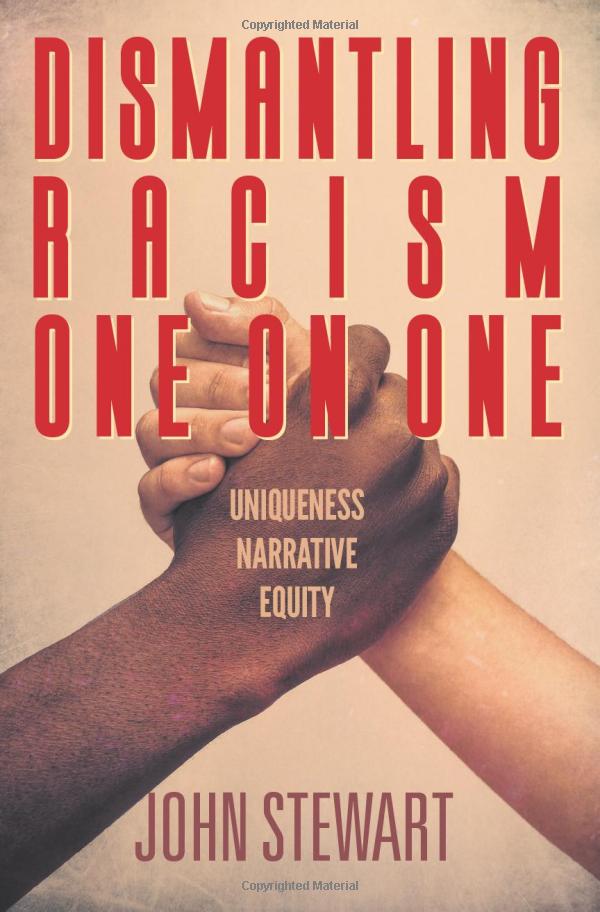
How will we know when a computer can actually think? If you’re an artificial intelligence programmer, you watch the results of the Turing Test, a yearly competition that pits humans against computer programs designed to carry on a conversation. The rule is, if a program can fool 30% of the judges after five minutes of conversation into believing that they’re conversing with a human, the programmer has succeeded in demonstrating genuine artificial intelligence. This hasn’t happened yet, but in 2008, the top program missed the mark by just one vote.
Brian Christian was a confederate in the 2009 test, and he describes his experience in his book, The Most Human Human. Christian found that the most important way to show the judges he was a human was to tailor what he said to the specifics of the situation. As he wrote, “I suppose when you get down to it, everything is always once in a lifetime. We might as well act like it.” http://brchristian.com/
So he did what none of the bots could do: He mentioned an event that had just happened, responded to the judges’ questions with originality, and in other ways demonstrated his uniqueness. This is a large part of what won him “The Most Human Human” award. Humans are one-of-a-kind.
The same pattern shows up in a Mayo Clinic study of how senior physicians can enhance the satisfaction of the junior-level doctors they supervise. “Physician leaders will enhance their relationships with physicians,” the study reports, “by treating physicians as individuals rather than just as members of the group, considering each individual as having different needs, abilities, and aspirations from others; and helping others to develop their strengths.” (www.mayoproceedings.com. September, 2008)
The key, in other words, is uniqueness. You’ll connect most directly with your conversation partner when you notice and respond to some of what makes him or her an individual and, at the same time, reveal something of what makes you unique.
This might seem obvious, and yet conversation partners, whether at home, at work, out for dinner, or serving on a committee or task force routinely hide behind the ways they’re like lots of others, rather than noticing and talking about uniqueness.
This doesn’t require prying into the other person’s private life or wearing your heart on your sleeve. You just need to pay attention to your own and the other’s individuality, the ways both of you are not just another soccer mom, chess player, student, gearhead, or geek. Sometimes uniqueness is about feelings—his frustration about slow decision-making, her eagerness to get into the new location, your discomfort with large work teams. Sometimes it’s about his experience with mass transit in Chicago or your memories of the parks in Portland. Other times it’s more personal—what you learned about yourself as an adult child of an alcoholic or how she dealt with a long-distance relationship. Whatever fits the situation.
A manager I worked for raised sheep on the side and used stories about his shepherding to help underscore his individuality. A good friend was a sports nut who lightened up work breaks with obscure facts about the left tackle of the Steelers and the Yankees’ center fielder. Another boss of mine affirmed my uniqueness by starting each scheduled meeting with several minutes of questions and careful listening to my responses about my family, vacation plans, and current projects at home. You can learn about a part of someone’s uniqueness simply by asking a genuine, appropriate question and giving him or her ample time to respond. “How’s your garden shed coming along?” “How did the class reunion go?” “Did you guys decide what car to lease?”
You almost never want to connect around uniqueness at the bank, government office, grocery store, or Wal-Mart. But when you do, with a family member, colleague, business associate, dating partner, or friend, “take in” (notice, listen for, ask about) aspects of the other person’s uniqueness and “give out” (share, discuss, explain) aspects of your own.


